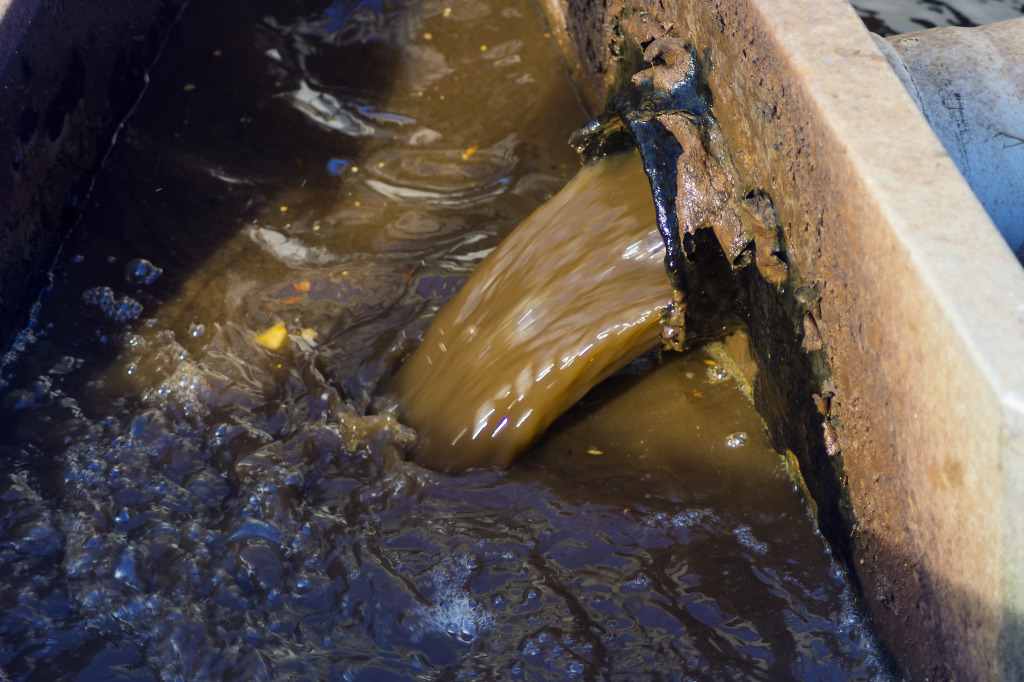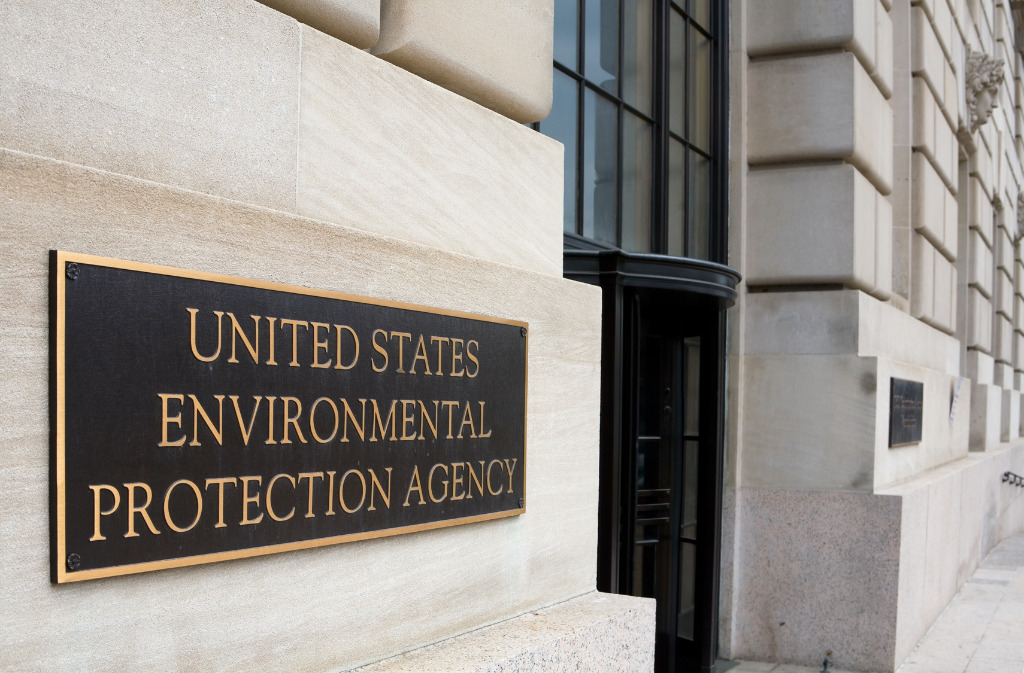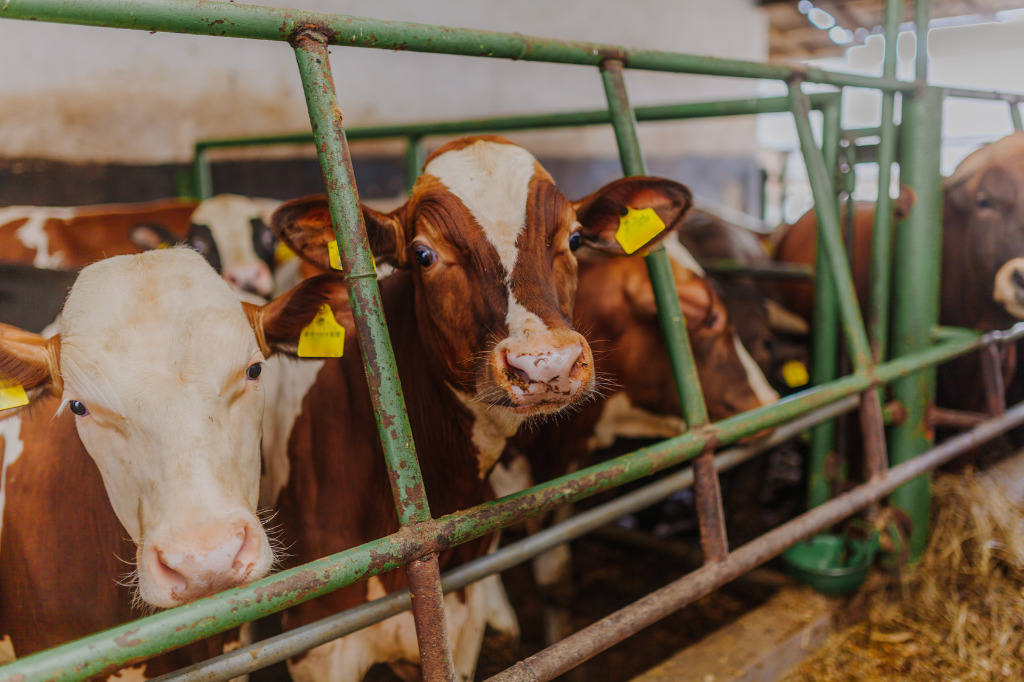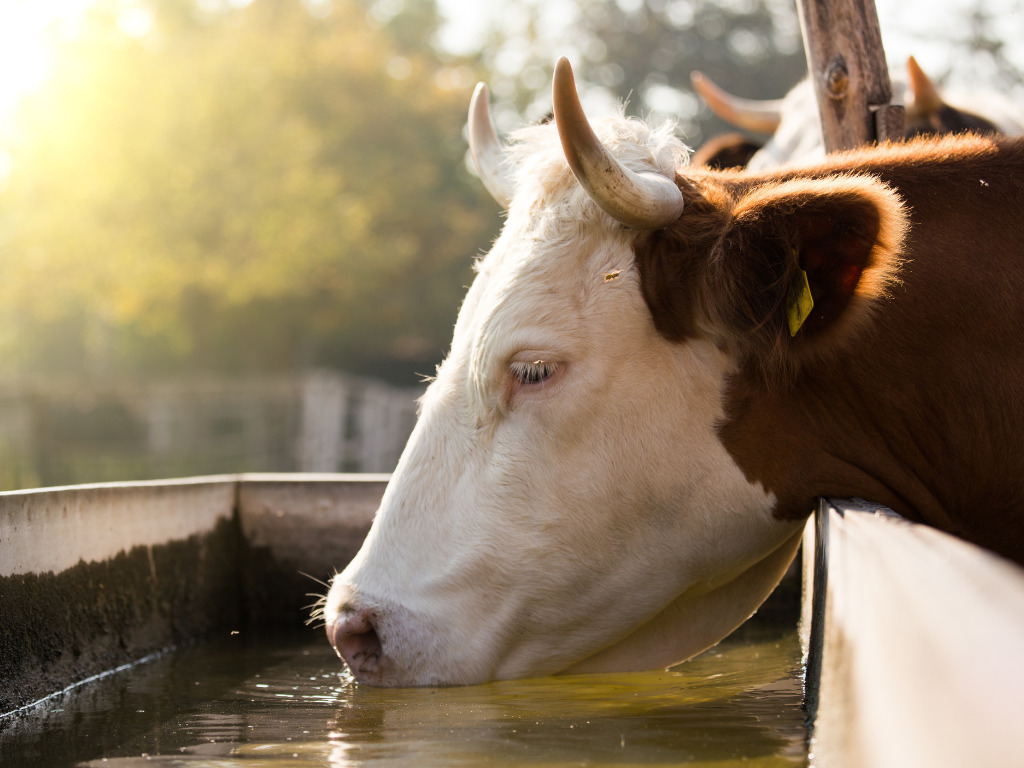The EPA Rejected Calls for Tougher Water Pollution Regulations at US Factory Farms – Now, It’s Being Sued
5 Mins Read
Last month, the Environmental Protection Agency (EPA) denied a 2017 petition calling for stricter water pollution regulations for factory farms. The agency formed a research committee to recommend solutions in a process that could last over a year and is now being sued for its decision.
The petition urged the government to introduce tougher regulations for concentrated animal feeding operations (CAFOs) under the Clean Water Act, arguing that factory farms release manure and other pollutants into the US’s waterways, posing a threat to clean water. The long-drawn saga could mean that the petition that was submitted during Donald Trump’s reign could end up being resolved after two presidential tenures have passed.
Submitted by 33 advocacy groups – including Food & Water Watch, Center for Food Safety, the Environmental Integrity Project and the Institute for Agriculture and Trade Policy – the petition called for specific recommendations to address the water pollution problem.
This includes revising the ‘agricultural stormwater‘ exemption that allows many CAFOs to evade permits, establishing a presumption that certain CAFOs pollute and require permits, improving discharge monitoring, prohibiting practices known to harm water quality, and strengthening national pollution standards (called effluent limitation guidelines).
Despite evidence, EPA calls for more research

One study has found that 74% of large US slaughterhouses have violated water pollution permits, and fewer than a third of the country’s 21,500+ largest CAFOs have federal pollution permits in place. Meanwhile, Food & Water Watch has revealed that factory farm pollution threatens or impairs over 14,000 miles of rivers and streams and more than 90,000 acres of lakes and ponds across the US.
Nitrogen and phosphorous waste from CAFOs has been directly linked with aquatic deaths. Just 5% of factory farms generate an estimated 575 billion pounds of animal waste each year, which contains pathogen bacteria, heavy metals, antibiotics and other elements that “seriously degrade” rivers and contribute to the growing public health problem of antibiotic resistance among pathogens. This has led to the American Public Health Association calling for a ban on new CAFOs.
After being sued for unreasonable delay in answering the petition, the EPA rejected the calls to usher in tighter regulations against CAFOs, reasoning that more research is needed. “A comprehensive evaluation is essential before determining whether any regulatory revisions are necessary or appropriate,” the government body said.
EPA’s assistant administrator Radhika Fox said the agency will examine the programme overseeing farms and current pollution limits, and the new panel discussing the issue will include environmentalists, agriculturalists, researchers and others.
“We want to hear from all voices and benefit from the findings of the most current research, and EPA is confident that these efforts will result in real progress and durable solutions to protecting the nation’s waters,” she said, despite the EPA not having revised its policies since 2008.
“Factory farms pose a significant and mounting threat to clean water, largely because EPA’s weak rules have left most of the industry entirely unregulated,” said Tarah Heinzen, legal director of Food & Water Watch. “EPA’s deeply flawed response amounts to yet more delay, and completely misses the moment. For more than 50 years, EPA has knowingly shirked its crystal clear obligation to regulate factory farms under the Clean Water Act.”
Government attitudes towards animal agriculture

This process is expected to begin in January 2024 and last 12-18 months, after which the EPA will decide if new regulations are needed, or whether better implementation and enforcement of existing ones is sufficient. It comes in an election year for the US and could mean that, unless re-elected, the Biden administration will miss a chance to introduce a landmark change to the country’s animal agriculture industry.
“President Biden’s voiced commitment to environmental justice must extend to the agricultural industry — EPA has a responsibility to protect clean water in all communities,” said Rania Masri, co-director of Organizing and Policy at the North Carolina Environmental Justice Network.
And if the ballot falls the other way, there’s not much hope there either. Republicans, who have dodged questions about climate change (with one actually denying it), don’t have a great track record in this area. In fact, US politicians, in general, have been found to ignore animal agriculture out of fear of potential voter backlash – but these concerns are unfounded, given that a majority of American voters have expressed support for animal welfare laws and protection from both the government and businesses.
Despite all that, a Stanford University study found that livestock farmers get 800 times more public funding in the US than meat alternative companies, and 190 times more lobbying funds than plant-based protein. Additionally, 97% of all research and innovation spending went to animal farmers, aimed at improving production. Separate research has revealed that the US Department of Agriculture has provided nearly $50B in livestock subsidies.
New lawsuit over original decision

In a statement to Green Queen, a Food & Water Watch spokesperson said the EPA’s denial of the petition “does not indicate a commitment to changing the rules”. They added that the subcommittee that will convene over the next year or so “is likely just a tool for more delay, rather than a process that will result in meaningful improvements”.
“The lack of urgency displayed in EPA’s decision doubles down on the agency’s failure to protect our water, and those who rely on it,” Heinzen said. “But the fight to safeguard clean water is far from over. We are considering all of our options moving forward.”
Those discussions seem to have resulted in action. Last week, 13 environmental groups, including Food & Water Watch, sued the EPA to challenge its rejection of the original petition and force it to bolster CAFO water pollution regulations.



